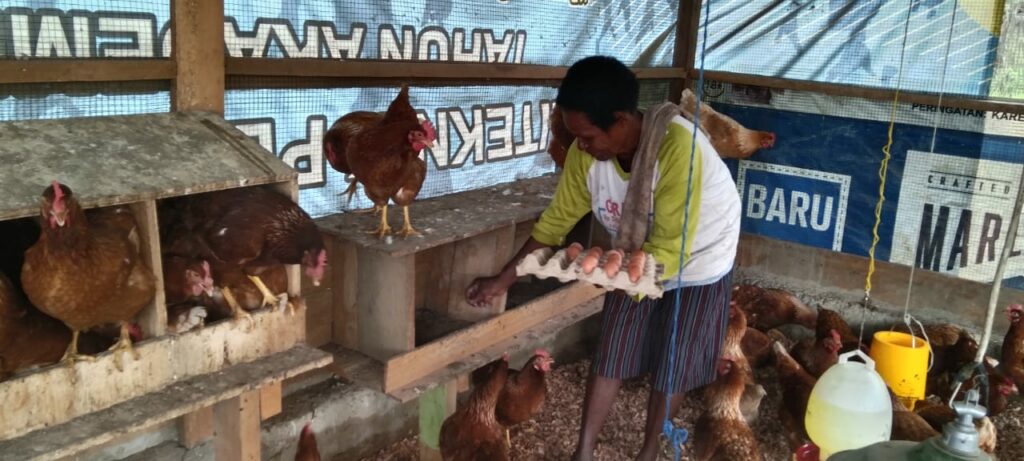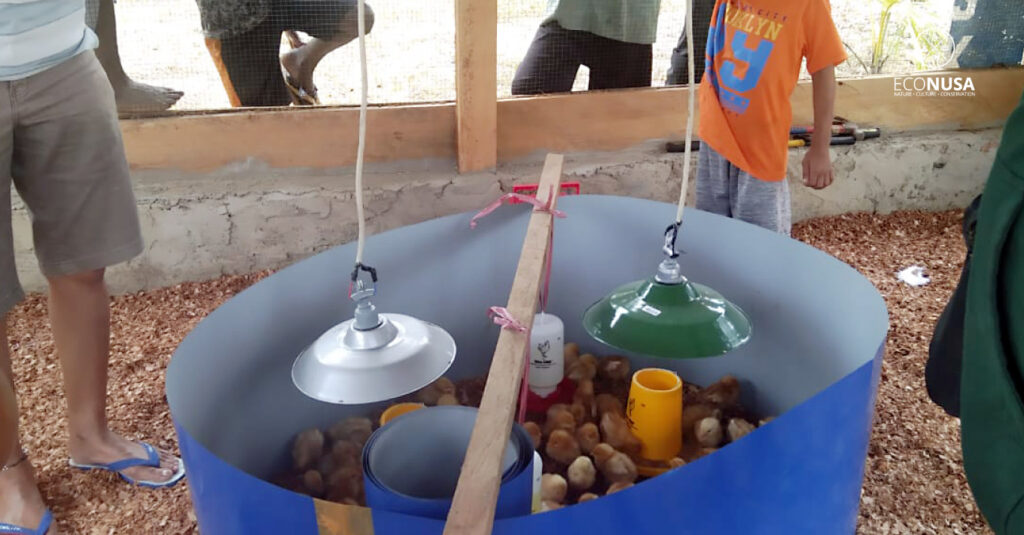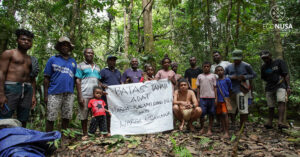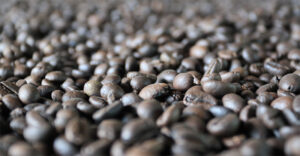
Merauke is located in the easternmost region of Indonesia and shares a border with Papua New Guinea. Like other regions in Papua, the regency is abundant in natural resources, especially fisheries and forest products. However, amidst this wealth, the stunting rate in Merauke is relatively high, at 23 percent, which is above the national average. Cases of stunting and malnutrition are often encountered in villages, particularly in the Marind Dek region.
Upon observing this situation, the Protestant Church in Indonesia (GPI) collaborated with EcoNusa Foundation to provide training to the community in Kaptel Village, focusing on layer hen farming. This program serves not only as assistance to the community and the government in addressing stunting and malnutrition but also as a collective initiative, chosen due to the absence of existing businesses in egg-laying or poultry farming in the Kaptel District and the neighboring Okaba District.
Initially, the community used to purchase chicken eggs in Merauke City, priced at Rp5,000 per egg or around Rp70,000 per kilogram. By raising layer hens, the community in Kaptel Village and surrounding areas could access protein from eggs at a more affordable price.
Read Also: Fulfilling Nutrition from Own Farm
The layer hen farming training activities commenced in late August 2023. We conducted the training in Kaptel Village with the participation of fifteen individuals, who later formed a group named Muara Bian Layer Hen Farming. During the training, they acquired knowledge about the entire farming process, including building coops, raising chickens, providing feed, cleaning and vaccinating, as well as managing stressed chickens. Following the training, members of the Muara Bian Layer Hen Farming Group diligently took care of the raised chickens.
Layer hens typically commence laying eggs at around 22 weeks of age, with egg production steadily increasing and reaching its peak at approximately 32 to 36 weeks of age. As anticipated, in December 2023, the raised chickens began laying eggs. The group members were delighted, especially as the yield kept growing day by day, starting from 20 eggs per day and eventually reaching a peak of 80-100 eggs per day from 100 chickens.
By January 2024, the group had harvested over 200 eggs. In a meeting, the members unanimously decided not to sell these eggs but to consume them within the group. They were very pleased, especially considering the previous difficulty of obtaining chicken eggs in Kaptel Village.
Read Also: Mama Yulita Turns Shrimp Heads Waste into Economic Value Products
After the second week of January 2024, we decided to start selling or marketing the eggs within the village. District employees from Kaptel and the health center began placing regular orders with us. Group members also began selling in neighboring villages around Kaptel Village. We also collaborated with the South Papua Provincial Government to market the harvested eggs to the Kaptel Health Center as part of a nutrition improvement program for children and pregnant women.
I had a conversation with Mama Yakoba Balagaize, one of the members of the layer hen farming group. She said that with this layer hen farming program, the community no longer struggles to consume eggs. Mama Yakoba hoped that GPI Papua and EcoNusa would consider increasing the number of chickens, as many other community members are eager to participate, and we have seen positive results.
Following the success with layer hens, the community is now interested in pursuing broiler chicken farming and forming an organic vegetable group. In line with this, GPI Papua plans that once the layer hen and broiler chicken programs are established, we will utilize residents’ yards to cultivate vegetables and other medicinal plants.

Organic Vegetable Farming in Sanggase and Alatep
We have also initiated an organic vegetable farming program in Sanggase Village and Alatep Village in the Okaba District since 2022, with the support of EcoNusa Foundation. We observed that residents in these two villages have relatively large yard areas; however, most of these yards were left unattended by the community. Residents typically allowed the land to lie fallow or become overgrown with weeds.
Conversely, the demand for vegetables was not adequately met. People usually only consumed leaves or flowers of plants such as sweet potato leaves, gedi leaves, and papaya flowers. Vegetables like mustard greens, water spinach, spinach, chilies, tomatoes, and cucumbers could only be obtained when purchased from the district center.
We encouraged the community to utilize the church-owned land, which is approximately half a hectare in size. As the indigenous community members lacked knowledge of vegetable farming, we invited agricultural officers and church congregation members to share their expertise on organic vegetable farming.
Read Also: A Travel Note: White Copra Production Training in Kaimana
These agricultural officers provided understanding and trained church members who later became members of the farming group. They were taught everything from preparing the land and soil management to making seedbeds. Only after that were they instructed on creating organic fertilizer and natural pesticides.
We also explained to the community the importance of organic vegetables for their health and the environment. During these discussions, we emphasized that while using non-organic fertilizers may result in abundant yields, in the long run, soil humus would degrade, and our bodies would become more vulnerable to diseases.
Since then, members of the Sanggase Okaba Hand Farming Group have taken charge of managing the land. Various crops are cultivated, including eggplants, long beans, chilies, tomatoes, mustard greens, and shallots. Typically, these crops are planted three months before Eid al-Fitr and Christmas. Why? We realized that during religious holidays, the prices of these commodities would inevitably skyrocket.
Read Also: Wersar and Tapiri Communities Learned Semi Modern Farming in Village School
The community has already experienced this phenomenon. In March 2022, the farming group earned approximately Rp7 million from selling chilies and tomatoes. We advised them to gather and distribute the money evenly among all group members, setting aside Rp2 million as capital for further production. The community members are free to consume the harvest to meet the nutritional needs of their families.
Certainly, witnessing these results, the community was very pleased, and they began cultivating previously fallow land for growing vegetables. GPI Papua continues to encourage the community to further develop organic farming, which is not only beneficial for community health but also safe for the environment, enabling sustainable use. This is intended to empower the community to achieve food security independently, leading to economic improvement.
*External Affairs of the GPI Papua Synod & Director of the Dahetok Milah Lestari Foundation
Editor: Nur Alfiyah & April Sirait







